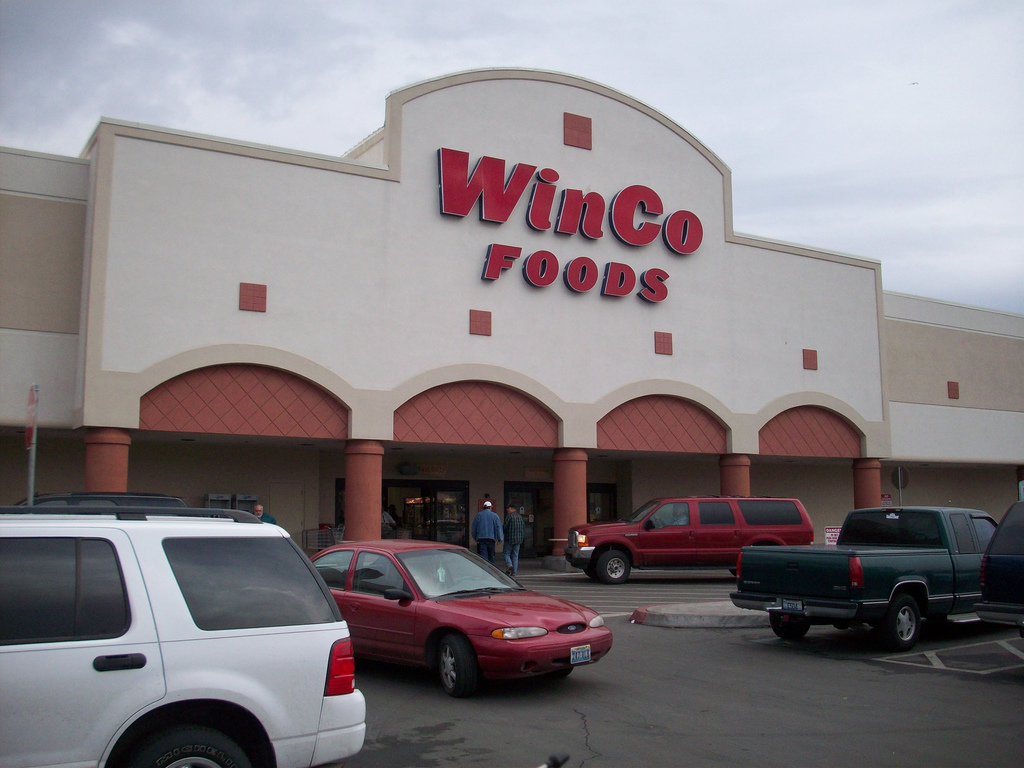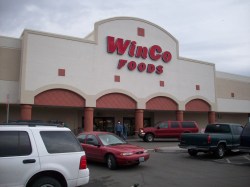There are eight WinCo grocery stores within 100 miles of where I live. So how had I not heard about the Boise, Idaho-based chain until now? Next time I find myself in need of groceries in Kent, Wash., I’ll be sure to swing by the chain that’s making headlines as “Walmart’s worst nightmare.”
Why should Walmart be wary of this company that’s virtually unknown to shoppers outside the seven states in which it operates (and apparently to some inside those states as well)? Because WinCo, employee-owned since 1985, has figured out how to keep prices low — like lower-than-Walmart low — while still managing to not screw over its employees. Anyone who works at least 24 hours a week gets full health benefits, and WinCo puts an amount equivalent to 20 percent of employees’ salaries into a pension plan. The store claims that more than 400 “front-line” workers — cashiers, clerks, and others working on the floor instead of behind closed office doors — have pensions worth at least $1 million. Maybe that’s why, according to the company, the average hourly worker stays for more than eight years.
How does WinCo do it? What is the magic formula that Walmart and McDonald’s can’t seem to grasp? Well, for one thing, WinCo is privately held, and thus free from the obligation to put shareholder profits before all else. “It keeps a low profile and rarely engages in self-promotion,” according to the Idaho Statesman. How quaint and modest!

Alisha VargasBalancing low prices and employee satisfaction should be natural.
WinCo saves a lot by maintaining low overheard. First and foremost, it cuts out the middleman by sending its trucks directly to manufacturers, where the store buys product in large quantities that can net it up to a 50 percent discount. Also in WinCo’s bag of tricks are simple strategies like not accepting credit cards (to avoid paying fees to card processors), requiring customers to bag their own groceries, and literally cleaning up after Walmart: Instead of building new warehouses of its own, WinCo will take over vacant big-box stores.
Unlike Costco, which also has a reputation for low prices, no-frills décor, and an investment in employee satisfaction, Winco doesn’t require a membership fee, making it even more accessible to budget shoppers. And it’s expanding. It started in 1967 as a single store in Boise. In 1985, when then-CEO Bill Long negotiated an employee buyout, there were 18 WinCo stores selling less than $11 million on average. By 2007, WinCo stores numbered more than 50, and today, its nearly 100 locations do about $55 million in sales each. It has plans to expand into Texas next.
New York retail analyst Burt Flickinger III, a grocery-market specialist, uses WinCo as an example in talks with university students, calling the regional chain “arguably … the best retailer in the western U.S.”
Of course, WinCo still has a long way to go before it truly presents a threat to Walmart’s 4,000 U.S. locations [PDF]. But it’s nice to be reminded that, no matter what the corporate bigwigs might tell you about how they just can’t possibly offer their employees a living wage, another way is possible.





